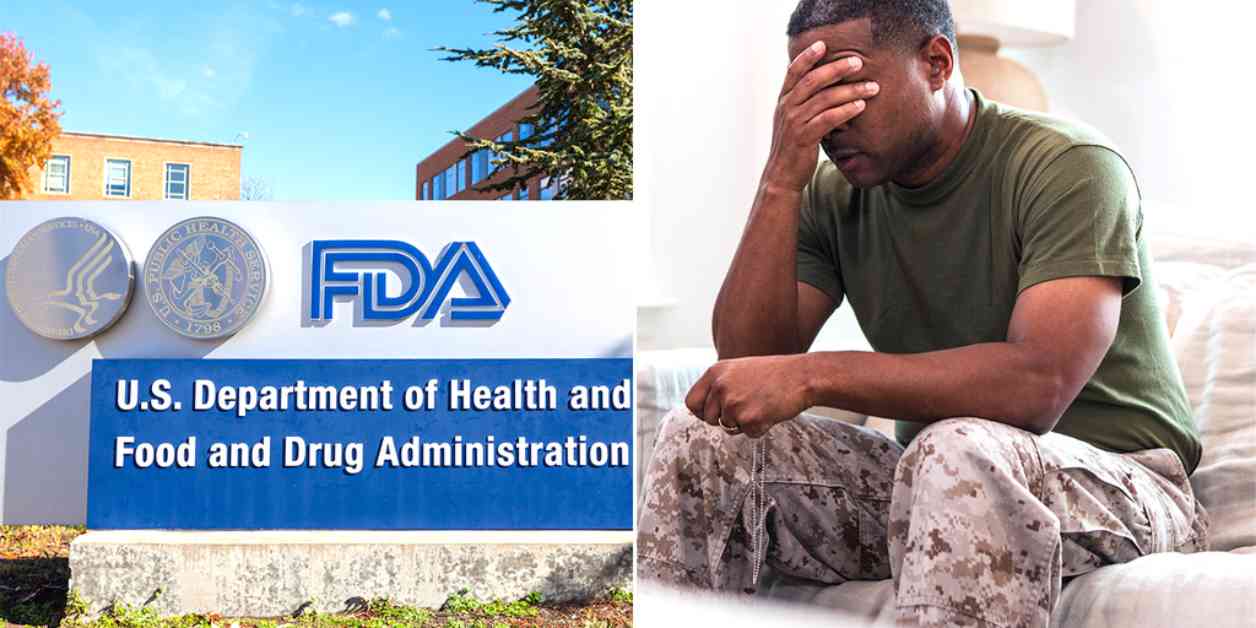The U.S. Food and Drug Administration (FDA) made an announcement on Friday that they have rejected MDMA as a treatment for PTSD due to significant limitations that prevent them from deeming the drug safe and effective for this purpose. MDMA, also known as ecstasy or molly, is a psychedelic drug with similar effects to methamphetamine, as stated by the National Institute on Drug Abuse.
This decision comes after an FDA advisory committee voted 10-1 against the overall benefits of using MDMA to treat PTSD. The FDA has now requested another Phase 3 trial to confirm the drug’s safety and efficacy. Despite this setback, California-based company Lykos Therapeutics, the one that filed the drug application, has expressed plans to appeal the decision by meeting with the FDA.
Amy Emerson, the CEO of Lykos Therapeutics, expressed disappointment over the FDA’s request for another study, stating that it not only affects those who have dedicated their efforts to this cause but also the millions of Americans suffering from PTSD who have not seen any new treatment options in over two decades. She mentioned that while conducting another Phase 3 study would take years, many of the FDA’s requests could potentially be addressed with existing data, post-approval requirements, or scientific literature references.
In response to the FDA’s decision, an agency spokesperson emphasized the limitations in the data presented in the application, preventing them from affirming the drug’s safety and effectiveness for treating PTSD. However, the FDA acknowledges the need for additional treatments for PTSD and encourages further research and development in the field of psychedelic treatments and other therapies for addressing these medical needs.
PharmAla Biotech, a Toronto-based company specializing in researching, developing, and manufacturing novel derivatives of MDMA, commented on the decision, emphasizing the importance of balancing the patient need for new PTSD treatments with regulatory prudence. They highlighted the evidence base supporting MDMA’s efficacy and safety, especially in jurisdictions like Canada and Australia where it is actively used in patient treatments.
Joe Perekupka, CEO of Freespira, a company based in Washington that produces an FDA-approved digital therapeutic for PTSD and anxiety, supported the FDA’s commitment to patient safety in reviewing potential new treatments. He emphasized the importance of diverse treatment options and their focus on providing advanced mental health care through a patient-centric model.
Despite the rejection of MDMA as a treatment for PTSD by the FDA, ongoing efforts in research, development, and advocacy for novel treatments continue to address the urgent need for effective therapies for mental health conditions like PTSD. It remains to be seen how future studies and innovations in the field of psychedelic treatments will impact the landscape of mental health care.


















